136 Best Alcohol and Drug Rehabs in Chicago, IL 2025
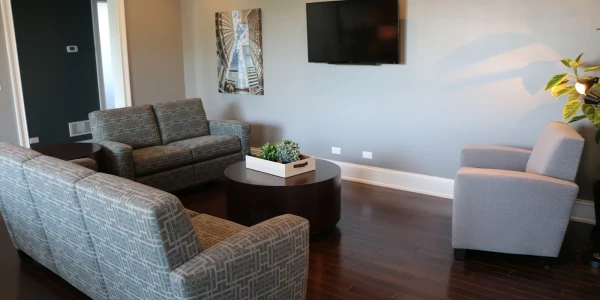
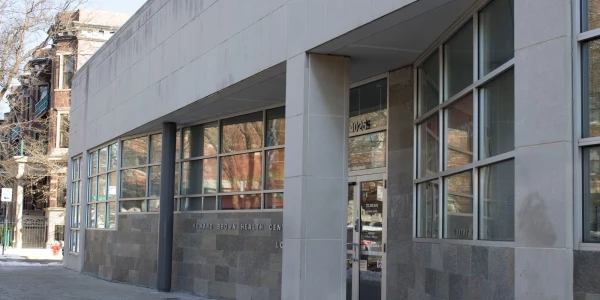
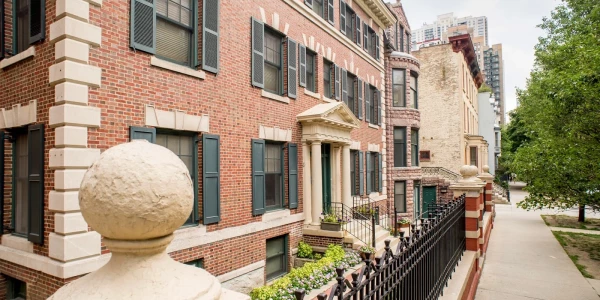
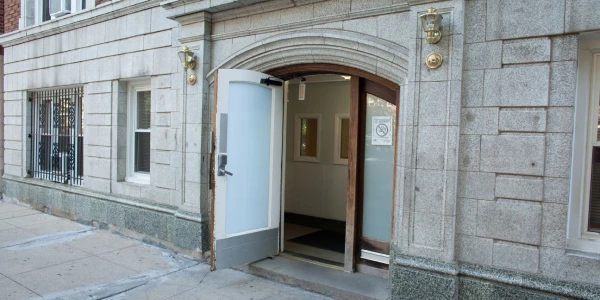
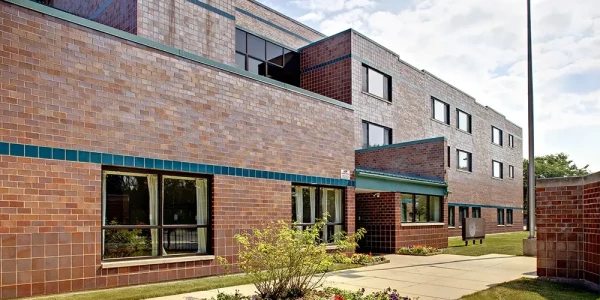
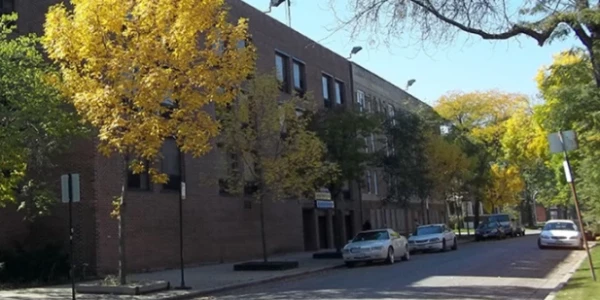
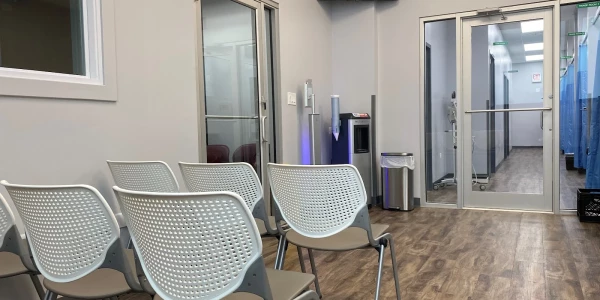
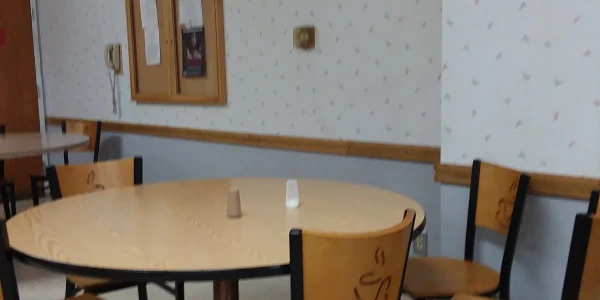
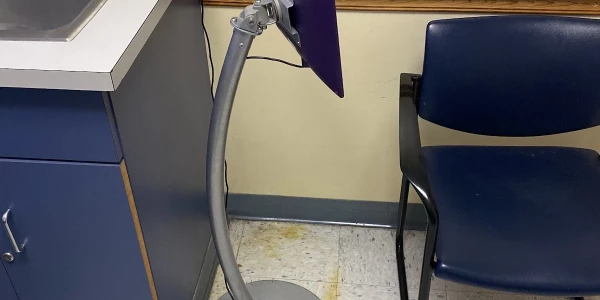
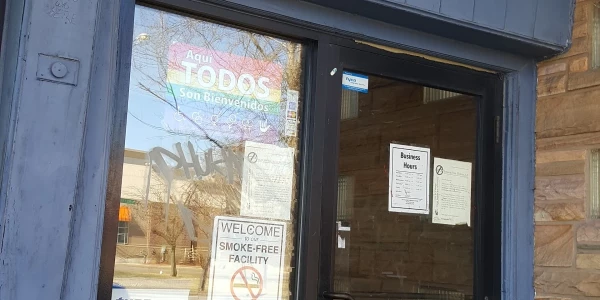
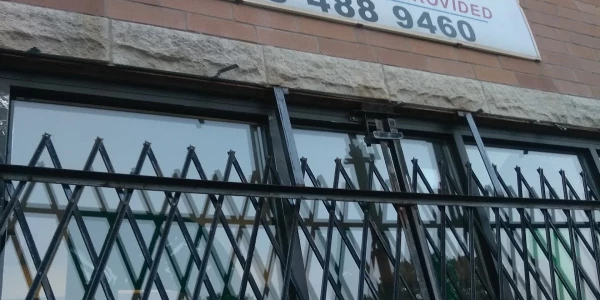
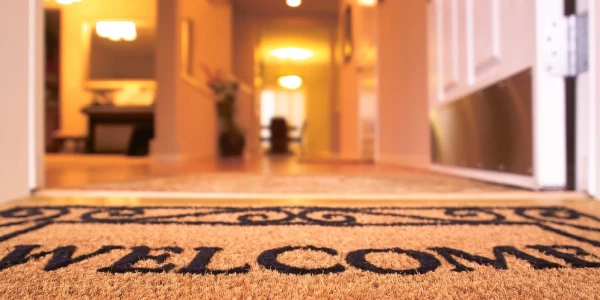
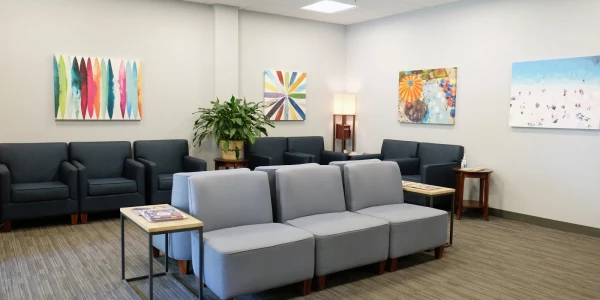

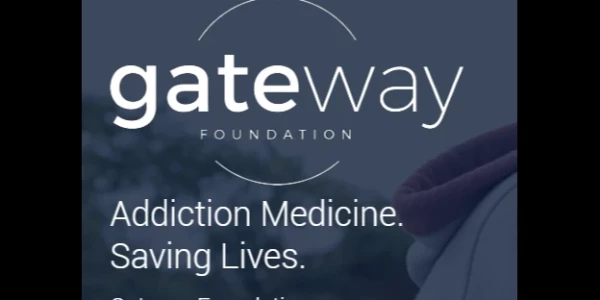
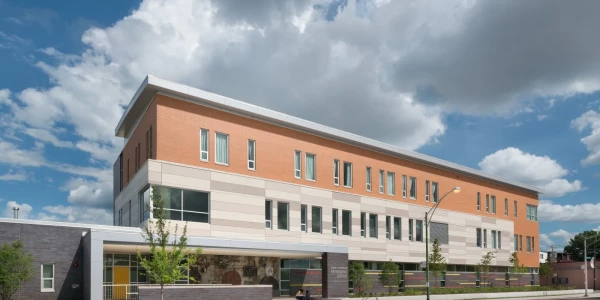
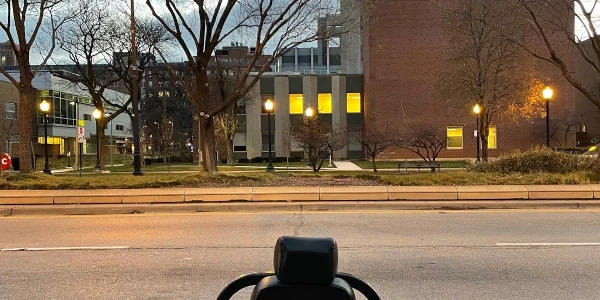
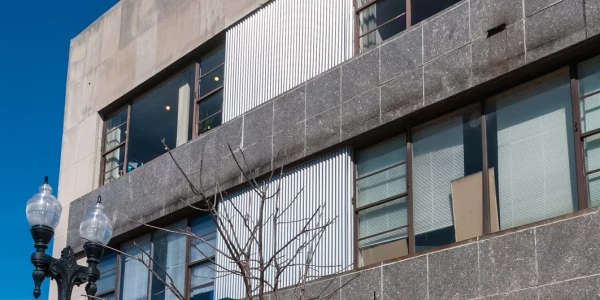

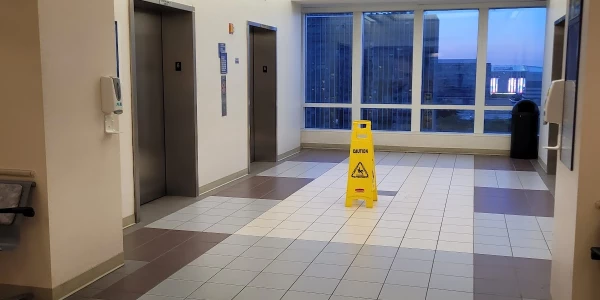

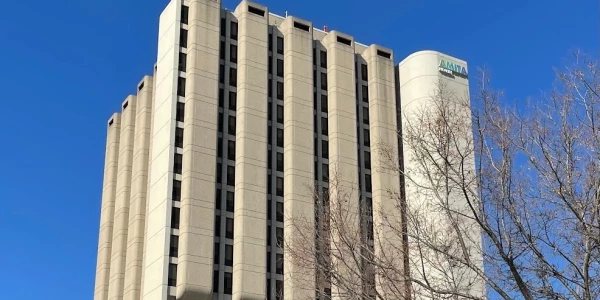

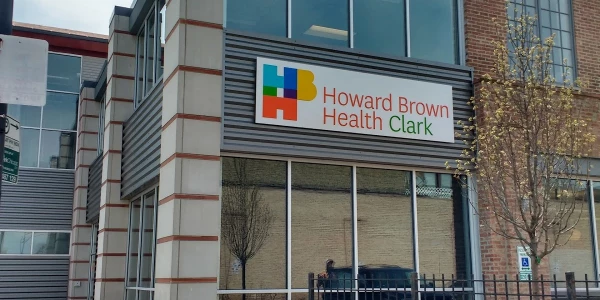
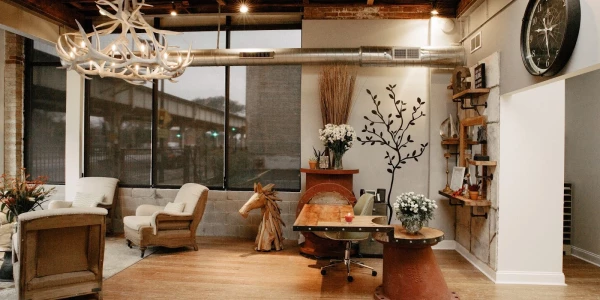

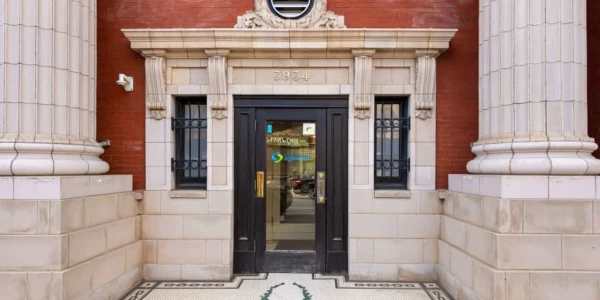
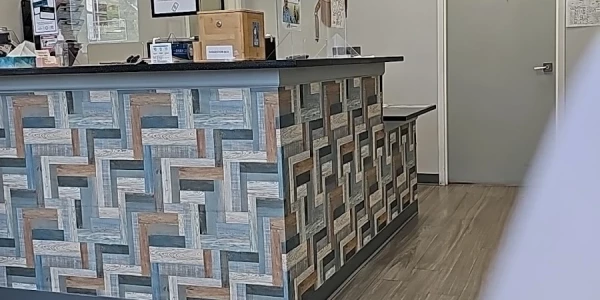

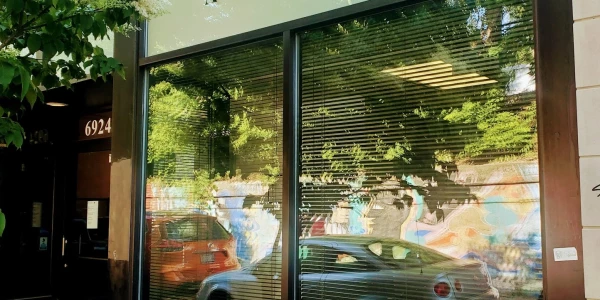
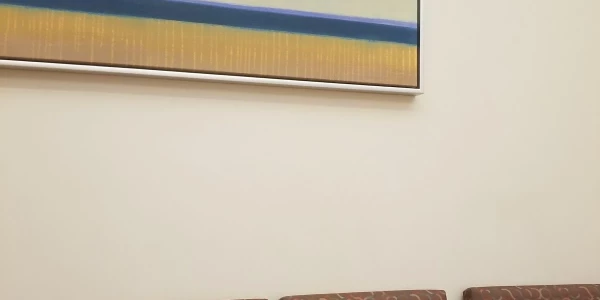
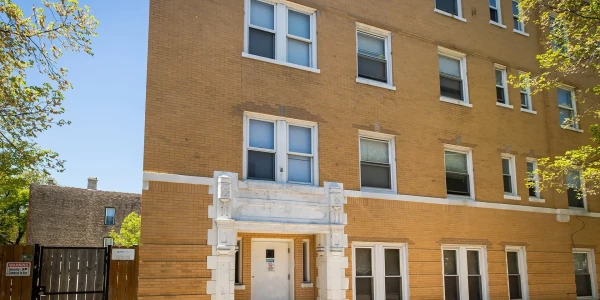
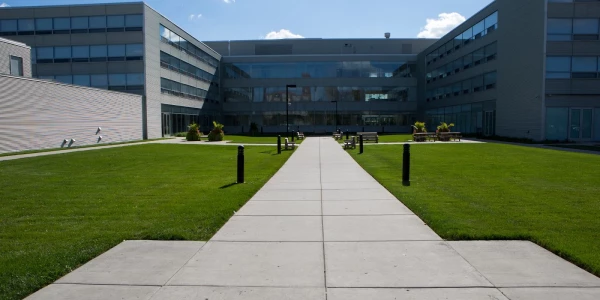
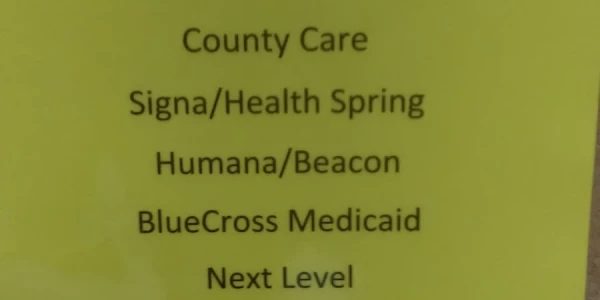
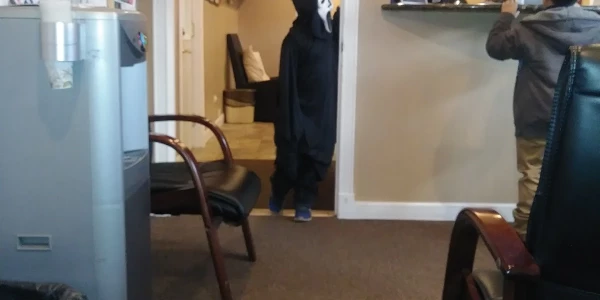
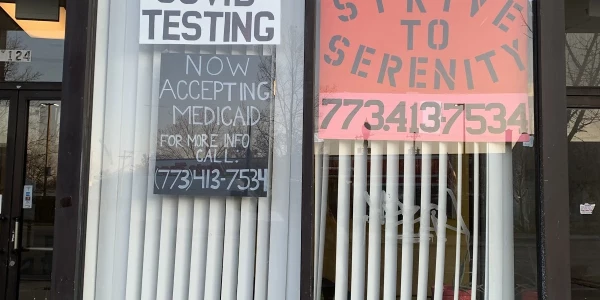
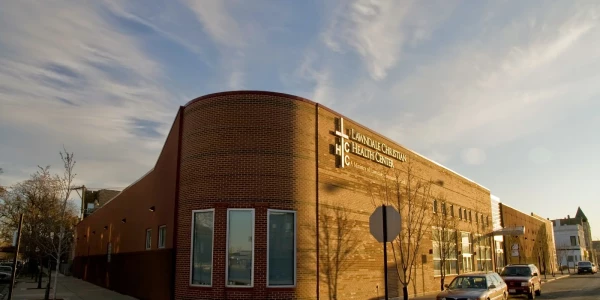
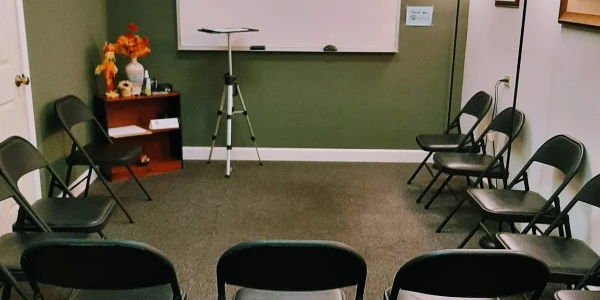
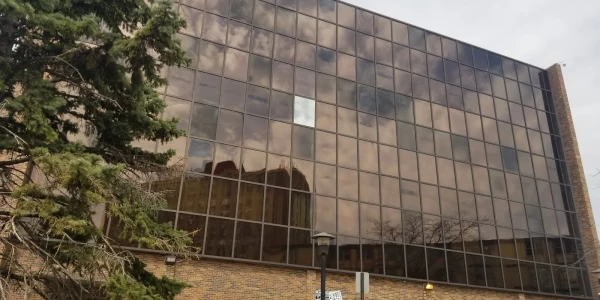

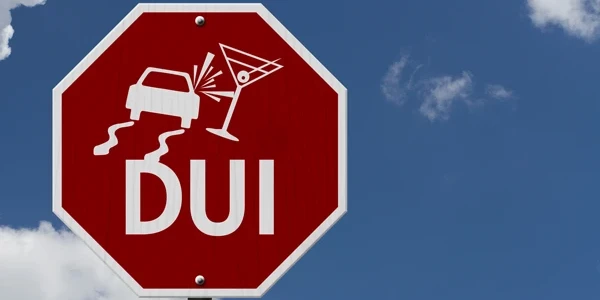
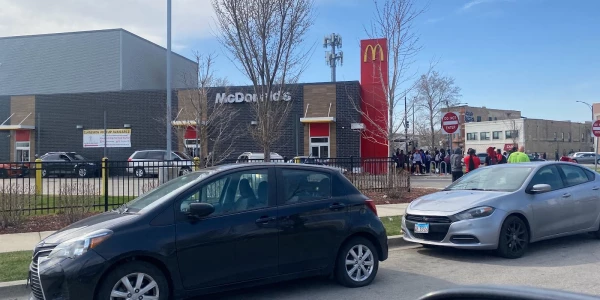
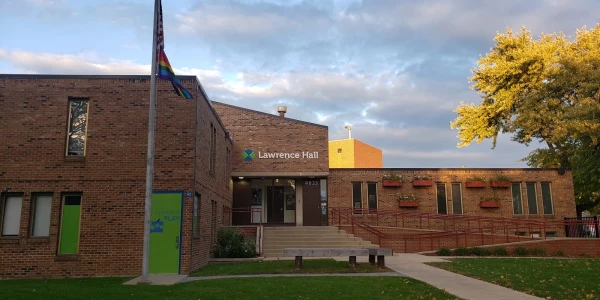
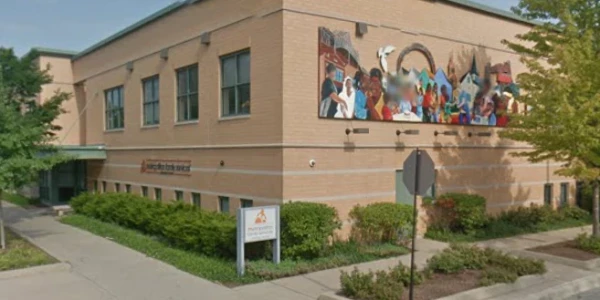
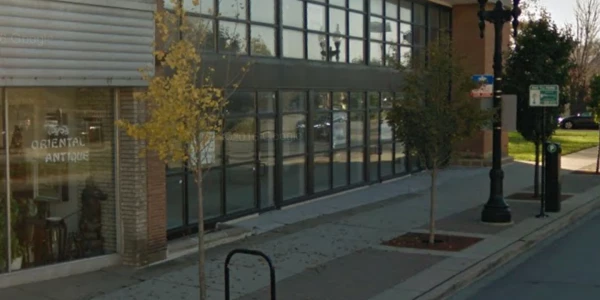


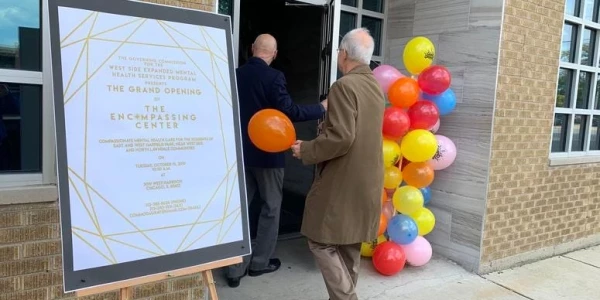

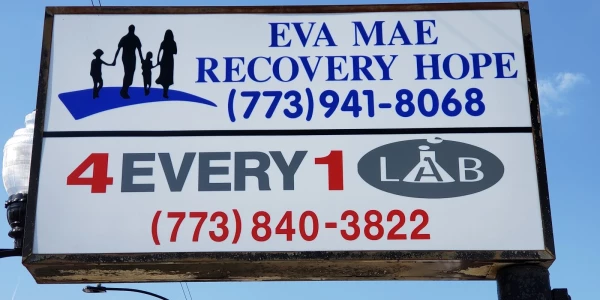
Local Rehabs in Illinois
Trusted Expert-Verified Treatment Reviews
Our board-certified addiction specialists evaluate every center using 5 clinical criteria most sites ignore.
✓ Clinically reviewed by addiction medicine specialists
Board-certified doctors validate every rating and recommendation.
✓ No Hidden costs and insurance surprises
We expose true out-of-pocket expenses before you commit.
✓ Real patient outcome tracking
Success rates and recovery metrics, not just marketing claims.
✓ 100% editorially independent with no provider
Affiliations Your needs, not outside interests, drive every recommendation.
🏆 Helped more than 50,000 families find treatment
Proven track record of successful treatment placements.
Common Questions About Rehab in Chicago
Resources
Substance Abuse Statistics for Chicago
In Chicago, 9.2% or 714,000 persons aged 12 or older were classified as having a substance use disorder according to the Substance Abuse and Mental Health Services Administration (SAMHSA). In 2022, the city reported over 1,400 overdose deaths, with opioids being a major contributing factor. According to a survey conducted by Lurie Children's Hospital, 61% of adults in Chicago consider drug use among youth a significant problem.
How Many Rehab Facilities Does Chicago Have?
Chicago offers a variety of rehab facilities to address substance abuse and overdose. There are around 243 rehab centers, distributed throughout the metropolitan area of Chicago. They provide several services for achieving long-term recovery and developing a healthy lifestyle.
Substance Abuse Facilities
Among Chicago substance abuse rehab facilities, approximately 243 rehab centers accept Medicaid, while 159 facilities accept Medicare, and about 224 rehab centers work with private insurance companies.
How Much Do Rehab Facilities in Chicago Cost?
Rehab facilities in Chicago vary in cost, depending on several factors, including the type of treatment, length of stay, and amenities provided. While there is no available data on the cost of rehab in the city of Chicago. Some estimations can be made based on the fees of rehab in the state of Illinois. For example, the average cost of rehab in Illinois is $56.666.Below you can find the costs of inpatient and outpatient services :
Inpatient rehab facilities:
-
$629.62 per day without insurance coverage
-
$251.85 per day with 60% insurance coverage
-
$125.92 per day with 80% insurance coverage
Outpatient rehab facilities:
-
$56.80 per day without insurance coverage
-
$22.72 per day with 60% insurance coverage
-
$11.36 per day with 80% insurance coverage
Top Rehab Centers in Chicago
Chicago has top rehab centers that provide integrated care for individuals struggling with addiction. They are characterized by quality services, experienced staff, and high success rates. Whether you are looking for inpatient, outpatient, or specialized programs, these centers provide a range of options to meet your individual needs and preferences.
Types of Rehab Facilities in Chicago
There are different types of rehab facilities available in Chicago such as inpatient, outpatient luxury, and free rehab centers. They often try to adapt to meet the specific needs of individuals seeking treatment for substance abuse.
Services Offered by Rehab Centers in Chicago
Rehab facilities in Chicago offer services and treatments to help people struggling with substance abuse find their way toward recovery. Some of the services provided by rehab centers in Chicago are:
- Detoxification: Clearing the body from the substance.
- Medical supervision: Offer safety and control over the medications and process of detox.
- Cognitive-behavioral therapy (CBT): A psychological technique that is a cornerstone in addiction recovery.
- Counseling therapy: provides emotional support to the individual.
- Individual therapy: one-to-one talking with a therapist.
- Group therapy: Peer talking with a therapist, for providing support.
- Behavioral therapy: Use to modify harmful behaviors.
- Holistic therapies: yoga, art, and music for relaxation.
- Educational programs: for avoiding relapse.
- Aftercare programs: for individuals struggling with consuming again after recovery.
Choosing the Right Rehab Center in Chicago
Selecting the right rehab center is a crucial step in the recovery journey. With many options available in Chicago, it’s important to consider several factors to ensure receiving the best possible care. Here are some tips and guidance on how to choose the best rehab center:
- Consider proximity to your home.
- Evaluate if your insurance covers the service.
- Evaluate costs.
- Look for financial assistance.
- Be sure the facility is accredited and licensed.
- Search for program types, treatment methods, and specialized programs according to your needs.
- Search for reviews.
- Look for the possibility of aftercare programs.
- Ensure the center provides good spaces, nutrition advice, and a safe environment.
- Start your rehab!
Explore the Best Chicago Rehabs
Finding the right rehab center in Chicago requires careful consideration of multiple factors, including location, cost, accreditation, treatment programs, success rates, staff qualifications, aftercare support, and good spaces. By doing good research and evaluating these aspects, you can make an informed decision to find the best facility that meets your needs and start your recovery as soon as possible.


